Preserving Family Business Legacies During a Sale
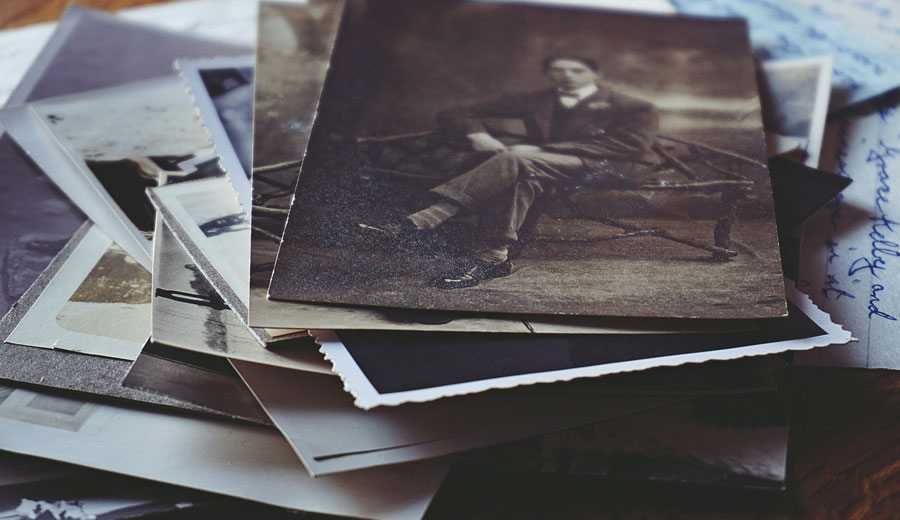
By Client Executive Marcia Spicer The recent controversy sparked by the grandson of the inventor of Reese’s Peanut Butter Cups offers a timely reminder: when a family business is sold, control over its operations—and its historical legacy—often slips away. This loss isn’t limited to the business model or product quality; it extends to the stories, […]
Kodak’s Missed Moment: Why Historical Narrative Matters

By Archival Specialist Chris Morton For much of the 20th century, Kodak was a titan of industry. Its name was synonymous with photography, its products trusted by professionals and beloved by families. A “Kodak moment” wasn’t just a slogan, it was a cultural touchstone. The company’s dominance was built on innovation, from roll film to […]
Anderson Archival’s Holiday Gift Guide (Updated for 2025)

For the family historian to give or receive We’re well into the holiday season this year. Are you still searching for the perfect gift for your loved ones? For those with a passion for uncovering and preserving family history, the right history-minded gift can be both meaningful and inspiring. Whether you are shopping for an […]
The Regan Miranda Hockenberry Collected Papers

“I was thrilled to find you and I was even more thrilled to realize that there actually was a compassionate institution on the other end. That’s what I’m interested in showcasing.” —John Hockenberry on why he agreed to an interview about this project. Preserving the creative legacy of a daughter John reached out to Anderson […]
Everlasting Ti Amo: A New Chapter in the Pasetti Family Archive
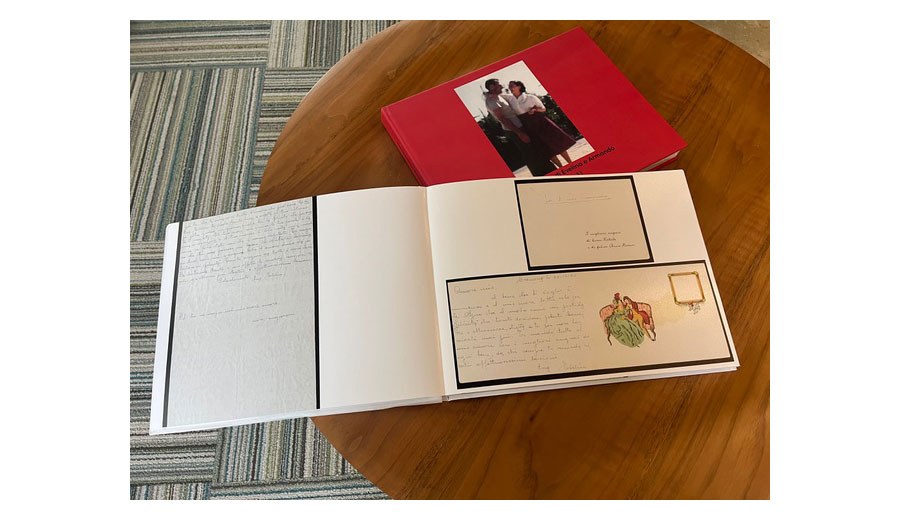
This post continues the story we began in one of our most popular blogs, Italian Love Letters Preserved—a tribute to the enduring love between Armando and Evelina Pasetti, captured in hundreds of handwritten letters. We recently sat down to catch up with Carla Pasetti. In our conversation, we explored how this archival journey has evolved into […]
Preserving the Legacy of Mill Creek Valley
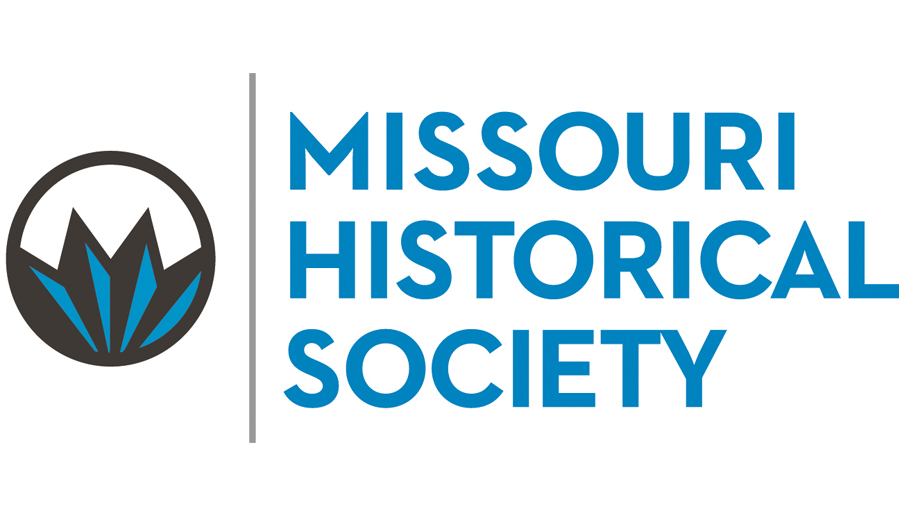
Digitization of the Mill Creek Valley Intelligencer We’re so excited to share the completion of a meaningful digitization project: the Mill Creek Valley Intelligencer, a newspaper that documented the vibrant life and success of the Mill Creek Valley neighborhood in St. Louis. Mill Creek Valley was a thriving, primarily African-American community that started in the 1800s. […]
The Great War Goes Digital
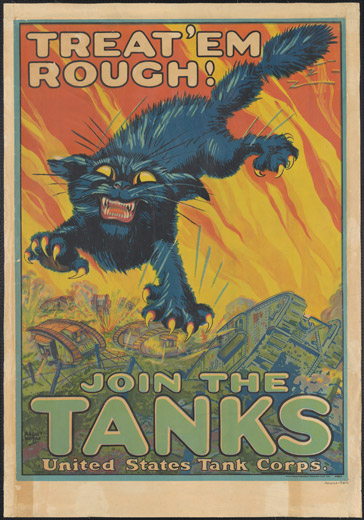
Anderson Archival sat down with Marie Cayce, Digitization Specialist and Collections Assistant at the National World War I Museum & Memorial in Kansas City, MO, to discuss their amazing collection and how Anderson Archival was able to help digitize some of the most difficult items. What has your career at the National World War I […]
“Works Like an Hour Glass and Makes Pigs Grow”
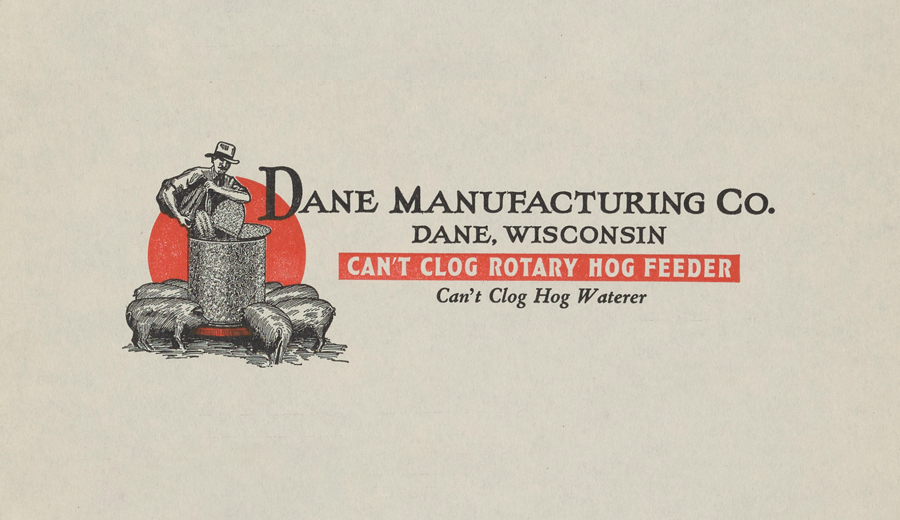
The year was 1917. The US officially entered the first world war, Bolshevik forces abdicated the Russian Czar, and a group of investors created a forward-thinking manufacturing company in the quiet town of Dane, Wisconsin. Named in recognition of their town, Dane Manufacturing Company (Dane) sought to revolutionize products for the agricultural market. Their first […]
Mining the Past, Uncovering MLC’s Company History
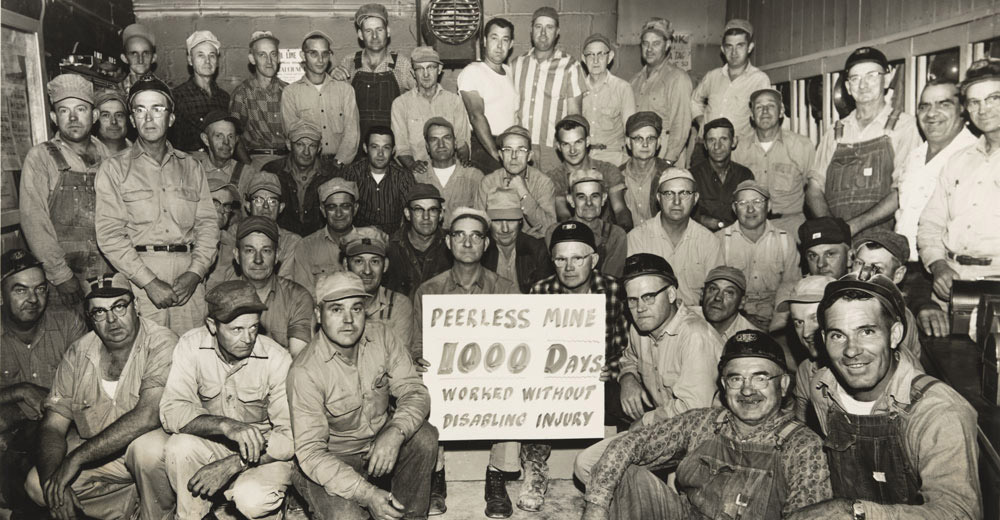
Preserving history is valuable, especially for a company over 100 years old owned by the same family. MLC, formerly known as Mississippi Lime Company, embarked on a journey to safeguard its corporate archives earlier this year. The story begins with MLC’s decision to expand their headquarters office in St. Louis. In the process, they had […]
Preserving a Personal FBI History

Heirloom books capture family legacy for the future James Fletcher Thompson, an attorney in South Carolina, was looking for a solution. He and his sisters knew what the end result should look like: heirloom books they could spend time with and pass on to future generations. But how to get there? Last month, he sat […]
